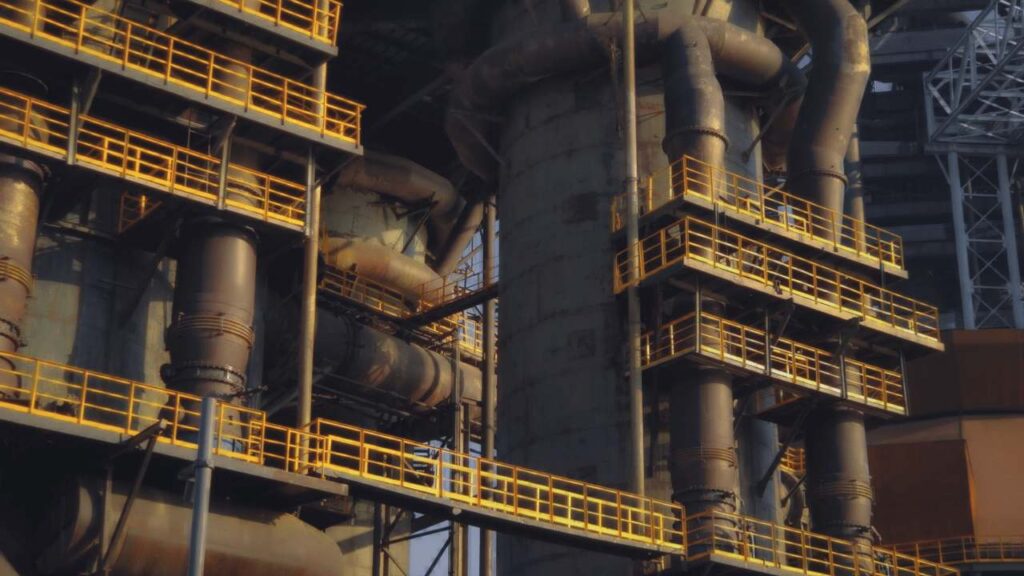
In this topic, we will discuss Petroleum and the Nigeria Economy
The development of the petroleum industry in Nigeria has taken different stages at different times in the history of Nigeria. The first attempt in the exploration of oil in Nigeria was in 1908 by a German company. While the second major effort was in 1973 by shell D’Aery, an Anglo-Dutch company. In 1956, the first economic crude petroleum was discovered by shell B.P in Nigeria in the delta region and exploration was by the company in 1958. To avoid exploitationTo use someone or something unfairly for your own advantage. More and for the purpose of expansion of the industry, other companies as Agip oil, Mobil, gulf (now chevrons), Texas, and satrap were granted exploitation grants for both on-shore and off-shore exploration to operate side by side with Shell. When Nigeria became independent in 1960, the volume of output of petroleum was just a little above six million barrels. A few years after, there was an increase (in the volume of petroleum) by over 150%, rising to 16 million barrels.
By 1965, the production of crude oil has risen close to 100 million barrels. However, the production progress in the Nigeria oil was interrupted between 1967 and 1970 by the civil war that took place in the country. After the war, the sector continued to record a remarkable increase in 1969, i.e., towards the end of the war, production stood at 197 million barrels.
Since 1973, the petroleum sectors have removed the main source of the country’s foreign exchange. In 1967, this sector contributed about 20% of the total foreign exchange earning 58% in 1976. As a result of tremendous growth experienced in the oil sector, between 1971 and 1972, Nigeria had a balance of payments surplus. At the peak of the boost in the sector, the industry contributed more than 95% of the total revenue of the county and provided more employment opportunities through refining, transportation, marketing, and distribution of petroleum products. As of 2006, Nigeria is one of the largest oil producers in the world and first in Africa.
In I971, the Nigerian National Oil Company was established as a government agency with powers to engage in all phases of oil production. In 1977 NNOC was amalgamatedcombine or unite to form one organization or structure. More with the Ministry of Petroleum to form the Nigeria National Petroleum Company (NNPC).



Responses